África/Sudáfrica/30 Octubre 2016/Fuente: /Autor:
Resumen: Se necesita una hoja de ruta para financiar los gastos de estudio de los estudiantes pobres y de clase de trabajo para hacer frente a las tasas universitarias en curso protestas en todo el país, dijo el miércoles el gobierno.
A roadmap to finance the study costs of poor and working class students is needed to address the ongoing university fees protests across the country, government said on Wednesday.
«A roadmap is needed to fully finance the costs of study for students from poor and working-class families. The plan needs to consider the impact of different education interventions to maximise social and economic transformation,» said government in its 2016 Medium Term Budget Policy Statement (MTBPS) tabled by Finance Minister Pravin Gordhan.
Minister Gordhan, who tabled the MTBPS in Parliament, said university education benefits society and it also improves graduates’ income and employment prospects.
The Minister said universities and students will receive an additional R17 billion over the term – R9 billion for the National Student Financial Aid Scheme over the period ahead and over R8 billion to meet the costs of fee increases for students from households with incomes up to R600 000.
In his maiden MTBPS since returning to the National Treasury portfolio, Minister Gordhan said the «fees must fall» movement by university students has placed the issue of education funding at the centre of the policy debate.
«It has also generated welcome suggestions on how to fund tertiary education,» noted the document.
The 2016 MTBPS which is also dubbed as the mini budget proposes to accelerate the growth of spending on post-school education. Despite fiscal constraints, subsidies to universities grow at 10.9 % each year and transfers to the National Student Financial Aid Scheme (NSFAS) grow at 18.5 %.
In the 2016 Budget, R5.7 billion was added to university subsidies to fund the zero percent fee increase for the 2016 academic year, while the NSFAS received additional funding of R10.6 billion over the MTEF period.
However, students across the country have continued their protests across various universities, calling for free higher education, despite the announcement by Higher Education and Training Minister Blade Nzimande. Minister Nzimande at a briefing last month said universities could increase fees by no more than 8%.
«In the 2017 Budget, government will fund the increase in fees at higher learning institutions for the 2017 academic year up to a maximum of 8% for students from households earning up to R600 000 per year,» said the MTBPS on Wednesday.
Speaking at a media briefing ahead of tabling the country’s 20th MTBPS, Minister Gordhan said concerns were raised by students.
«We hear them absolutely clearly. There’s no room for violence in any form. The objective is to ensure that people have access [to higher education] and become a dynamic part to our economy,» said Minister Gordhan.
He stressed that government is listening to students. «This is not a government that is not listening.»
Adding to the Minister’s comments, Planning, Monitoring and Evaluation Minister Jeff Radebe said that the task team set up to look into the matter is seized with bringing about normalcy to higher education institutions. «We need to protect the future of our children,» said Minister Radebe.
Speaking at the same briefing, Minister Nzimande said the country needs to expand its colleges and that the country is facing a shortage of mid level skills.
Over the past five years, expenditure on post-school education and training has grown much faster than other budgets.
Allocations have increased from 1% of Gross Domestic Product (GDP) in 2008 to 1.5 % today. Most of this increase benefited vocational colleges, sector education and training authorities and the National Skills Fund, rather than universities.
«Building on the successful expansion of access to higher education, government acknowledges the need to correct its course and increase the number of graduates, while improving teaching and research,» said Minister Gordhan.
The mini budget said those who go on to become affluent citizens have a responsibility to contribute a share of these gains to the next generation.
«In higher education, as in all areas of public policy, decisions and trade-offs are required to ensure balanced, sustainable development that meets the vast needs of the population using available resources.»
Added to that, government is working to expand post school education and training to produce a larger pool of mid to high level skills as envisioned in the National Development Plan.
Improving learner throughput rates by developing teaching and learning support plans for technical and vocational education and training (TVET) colleges is a priority.
The colleges will receive support to refurbish workshop facilities and to obtain equipment and protective gear for practical training. Training for artisans will be expanded while community education and training will receive support.
Fuente de la noticia: http://www.sanews.gov.za/south-africa/roadmap-needed-finance-higher-education
Fuente de la imagen: http://www.cnbcafrica.com/ImageGen.ashx?image=/media/18941608/gordhan__flickr.jpg&crop=resize&height=425&Compression=75&width=73
 “Venimos trabajando encima de una serie de esfuerzos que históricamente se han hecho en el país pero que han estado disgregados, tal vez descoordinados, tal vez institucionalmente cada quien tratando de hacer lo mejor pero sin un norte especifico que nos orientara y que han absorbido grandes cantidades de recursos y se han agotado quizás las vidas de muchos maestros y maestras pero no hemos logrado los resultados que andábamos buscando”, añadió el funcionario.
“Venimos trabajando encima de una serie de esfuerzos que históricamente se han hecho en el país pero que han estado disgregados, tal vez descoordinados, tal vez institucionalmente cada quien tratando de hacer lo mejor pero sin un norte especifico que nos orientara y que han absorbido grandes cantidades de recursos y se han agotado quizás las vidas de muchos maestros y maestras pero no hemos logrado los resultados que andábamos buscando”, añadió el funcionario.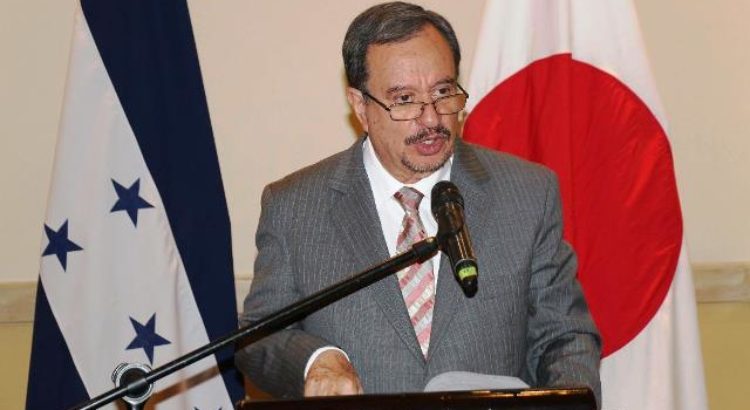
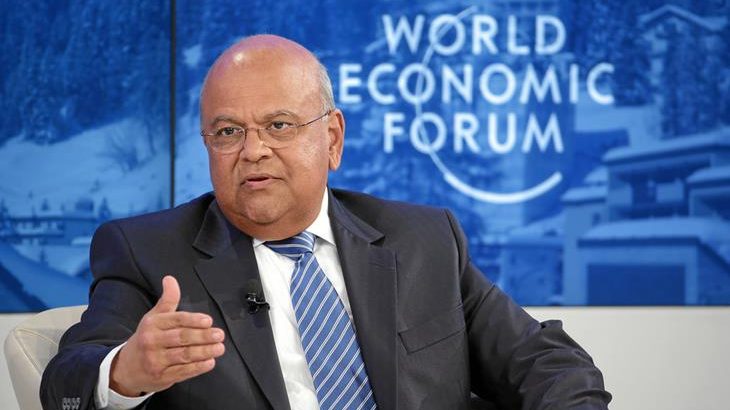

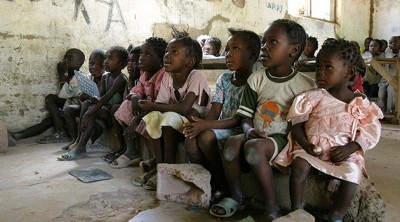
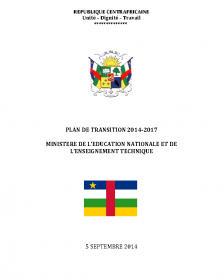
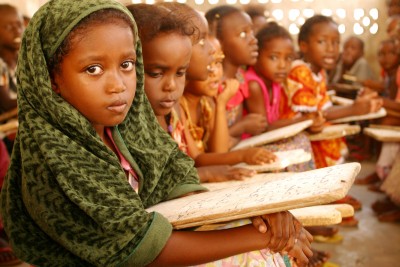
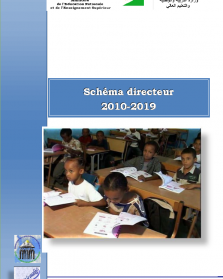

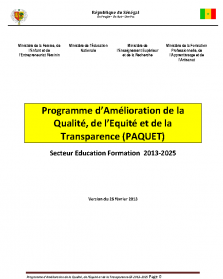
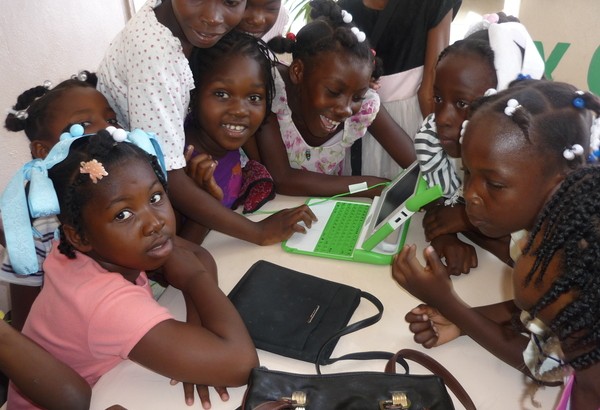
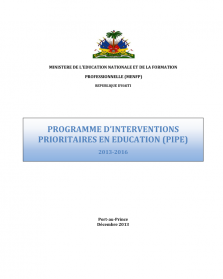





 Users Today : 42
Users Today : 42 Total Users : 35460345
Total Users : 35460345 Views Today : 63
Views Today : 63 Total views : 8634
Total views : 8634